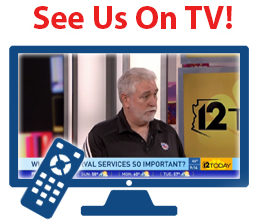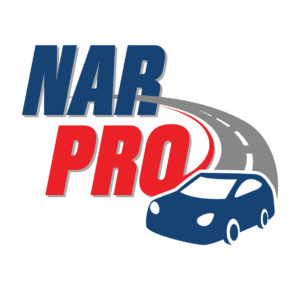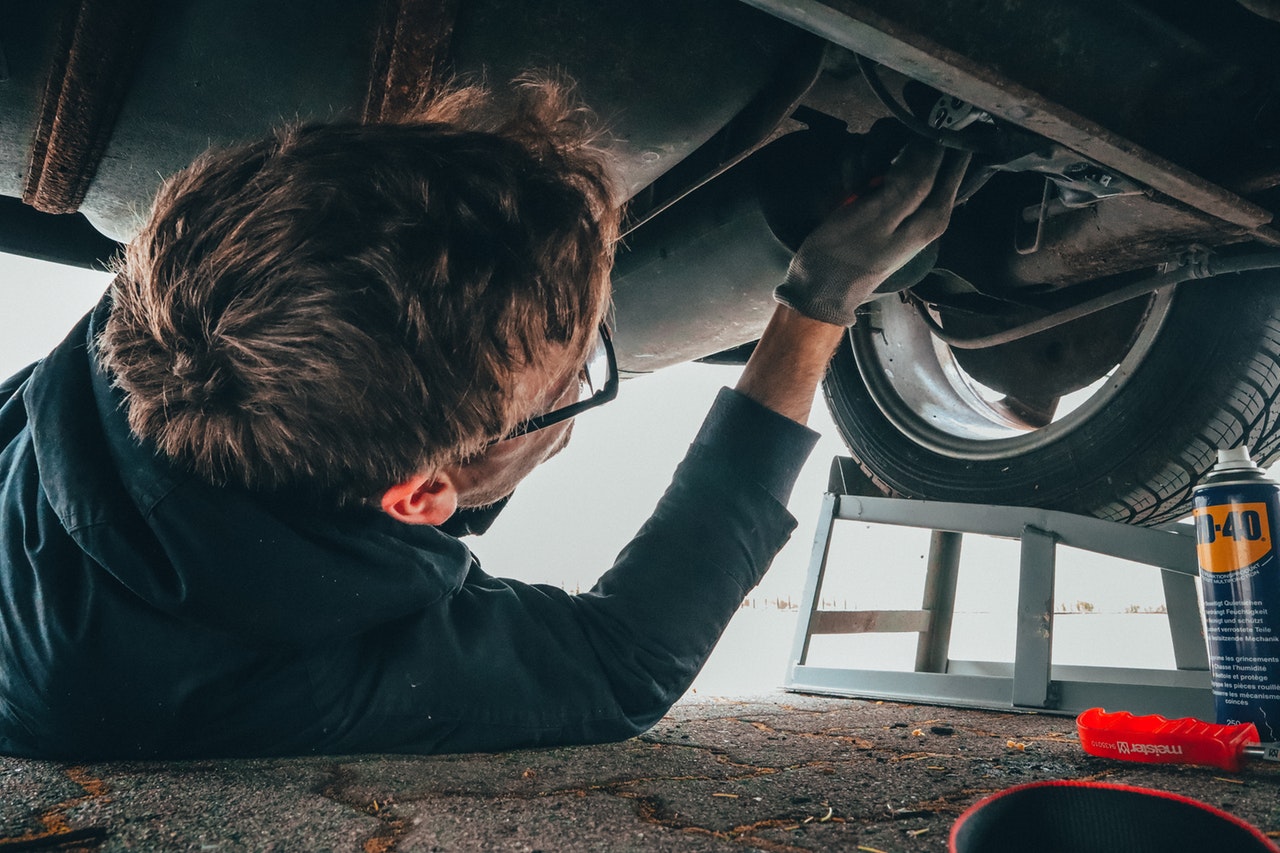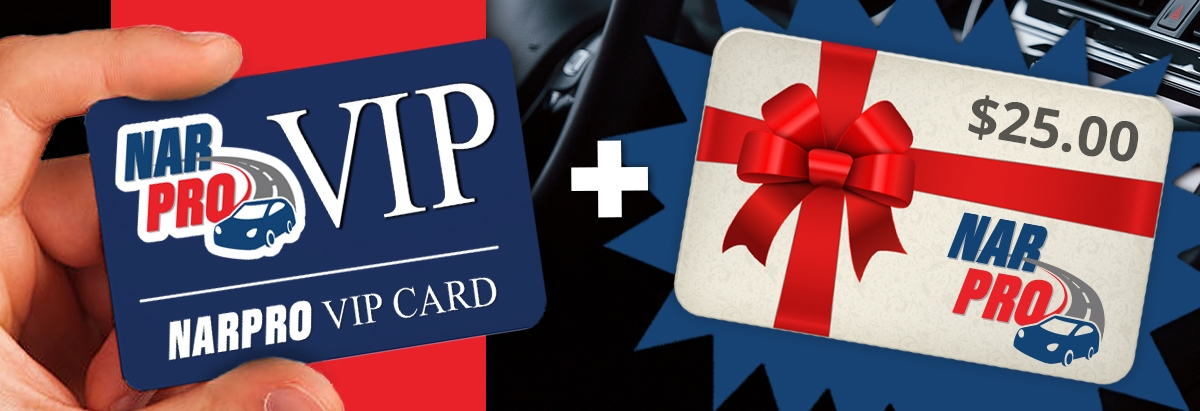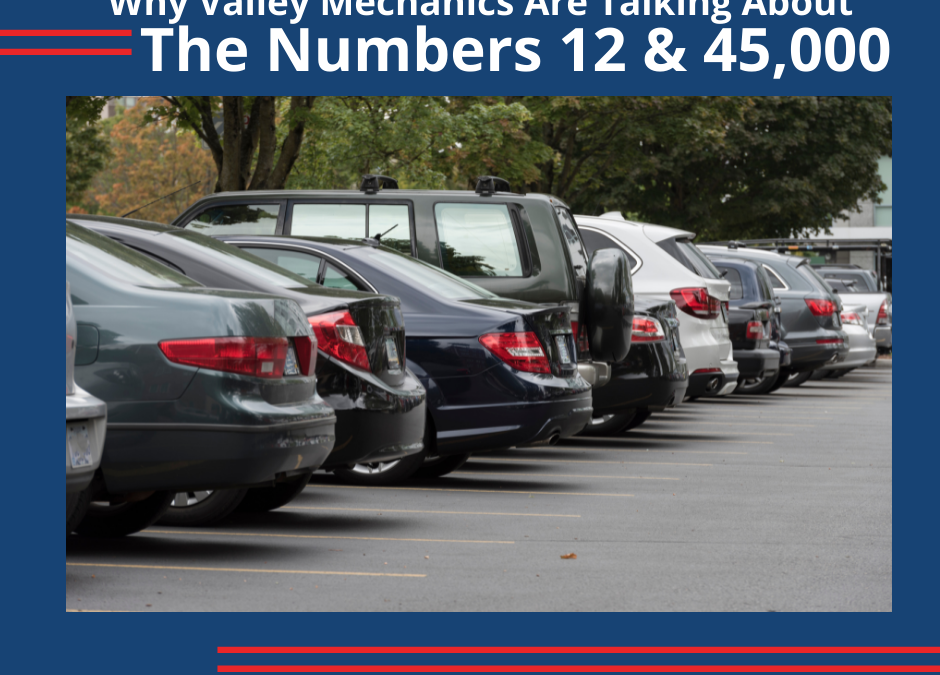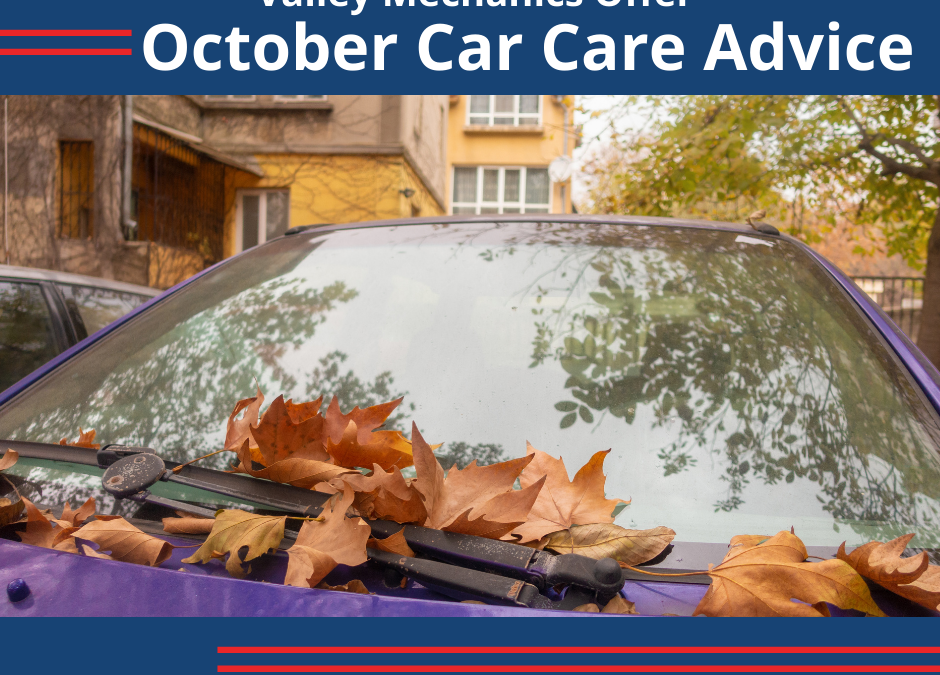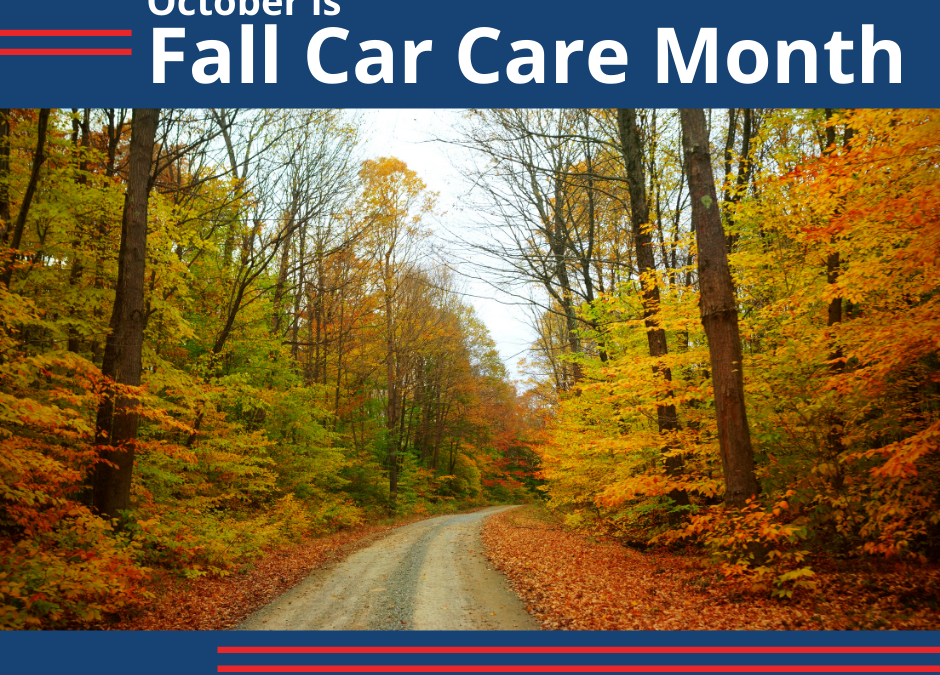(PHOENIX)– Whether you’re a first-time car owner or you’ve logged many miles, these five maintenance truths can help you save money and keep your car in good shape. As always, your Neighborhood Auto Repair Professionals (NARPRO) are available to answer maintenance and repair questions.
Every Car Owner Should Know:
1. Premium gas isn’t worth it (in most cases).
Premium sounds good but is it worth the extra money? Not unless your car manual requires it. According to the Federal Trade Commission, “In most cases, there’s no benefit.”
Cars with high compression engines, like sports car, need mid-grade or premium gasoline to prevent knocking. Regular octane is fine for most cars. The FTC estimates drivers may be spending hundreds of millions of dollars each year for higher-octane gas than they need.
2. Running on empty is a bad move.
Driving with a low gas tank can lead to the fuel pump overheating and replacing the pump is more expensive than filling up the tank. Running on empty can also lift sediment from the bottom of the tank and clog the fuel filter. Try to keep no less than a quarter tank of fuel at all times.
3. Correct tire pressure matters more than you might think.
Over-inflating can impact maneuverability, cause wear and reduced traction. Underinflating can lead to overheating, irregular tread wear and tire failure. To find the correct tire pressure (referred to as psi), check your owner’s manual or look at the sticker insider your vehicle door. The National Highway Transportation Safety Administration (NHTSA) warns drivers the psi number on the side of tires reflects the ‘maximum permissible’ inflation, not necessarily the correct psi for your vehicle. That’s because tires are made for many different vehicle makes and models.
To check pressure wait until at least three hours after your last drive and use an accurate gauge. Remember to check your spare tire, too.
4. Take action on recalls.
Recalls are issued when NHTSA or a manufacturer determine a vehicle, equipment or tire creates a safety risk or fails to meet minimum safety standards. NHTSA says manufacturers must fix the problem by repairing, replacing, offering a refund or in rare cases repurchasing the vehicle.
If your car has been recalled you should get a notice in the mail with instructions on what to do. You may also want to annually check the federal government’s online database. Simply enter your vehicle identification number (VIN) to see if your vehicle has an un-repaired recall in the past 15 years. Your 17-digit VIN is located on the lower left of your windshield and your vehicle registration card. It may also be on your auto insurance card.
5. Your owner’s manual is your friend.
No, you don’t have to read it cover to cover but rather than waste time searching online why not flip open the table of contents to get the correct answers for your vehicle? You’ll also find explanations on warning lights and a routine maintenance schedule, among other things.
NARPRO (Neighborhood Auto Repair Professionals): The Neighborhood Auto Repair Professionals (NARPRO) helps car owners find skilled and honest car repair shops. NARPRO only recommends independent, family-owned, full-service auto repair shops that have passed 26 rigorous tests. Visit www.NARPRO.com to find recommended shops near work or home. NARPRO is the easiest way to find an honest mechanic in the Valley.
